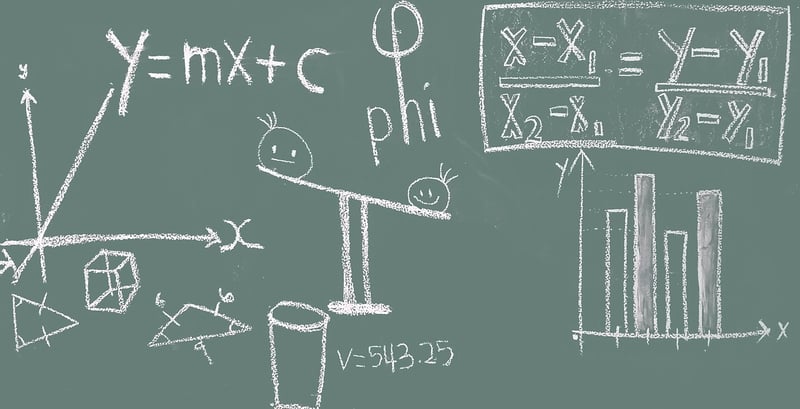Future Innovations
The Fascinating World of Time Travel: Mechanisms and Future Innovations
Time travel has been a subject of fascination for centuries, permeating our popular culture through books, movies, and scientific theories. While the idea of traveling through time may seem like science fiction, researchers and physicists have delved into the concept, exploring various mechanisms and potential future innovations that could one day make time travel a reality.
1. Wormholes and Black Holes
One of the most popular theoretical methods for time travel involves wormholes and black holes. Wormholes are tunnels that connect two separate points in spacetime, potentially allowing for shortcuts through space. Black holes, on the other hand, are regions of spacetime where gravity is so strong that nothing, not even light, can escape. By utilizing these cosmic phenomena, scientists speculate that it might be possible to traverse through time.

2. Time Dilation
Time dilation is a concept from Einstein's theory of relativity that suggests time can be experienced differently for objects in motion or under the influence of strong gravitational fields. As an object approaches the speed of light, time slows down relative to a stationary observer. This phenomenon has been observed in experiments with high-speed particles and could potentially be used for time travel applications in the future.

3. Quantum Entanglement
Quantum entanglement is a phenomenon where two particles become interconnected and their states are linked regardless of the distance between them. Some scientists speculate that harnessing quantum entanglement could lead to the development of quantum time travel, where information or particles could be sent backward or forward in time using entangled particles.

Future Innovations in Time Travel
While time travel remains a theoretical concept, advancements in physics and technology continue to push the boundaries of what is possible. Some future innovations that could potentially lead to practical time travel include:
- Development of stable wormholes for controlled time travel.
- Manipulation of spacetime using exotic matter or energy sources.
- Exploration of parallel universes or multiverse theories for time manipulation.
- Integration of artificial intelligence and quantum computing for complex calculations related to time travel.
As scientists and researchers delve deeper into the mysteries of the universe, the possibility of unlocking the secrets of time travel becomes increasingly tantalizing. While we may not be ready to hop into a time machine just yet, the realm of time travel continues to captivate our imaginations and drive innovation in the fields of science and technology.
